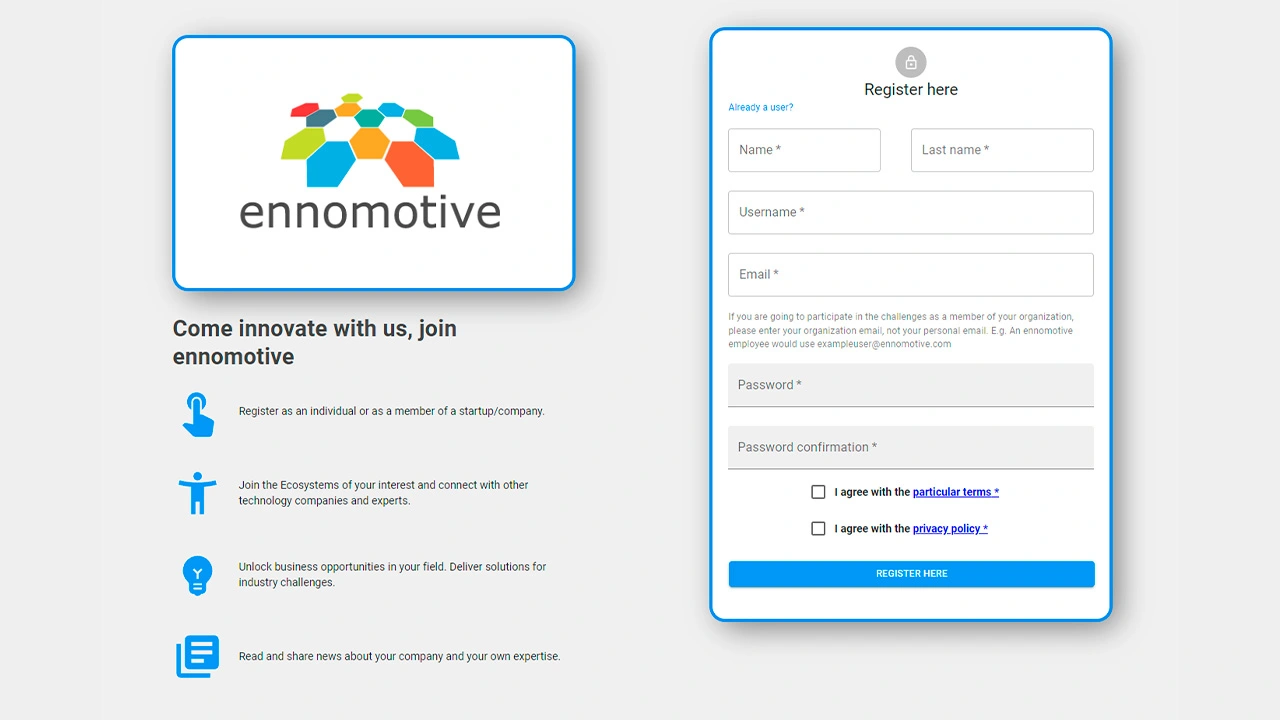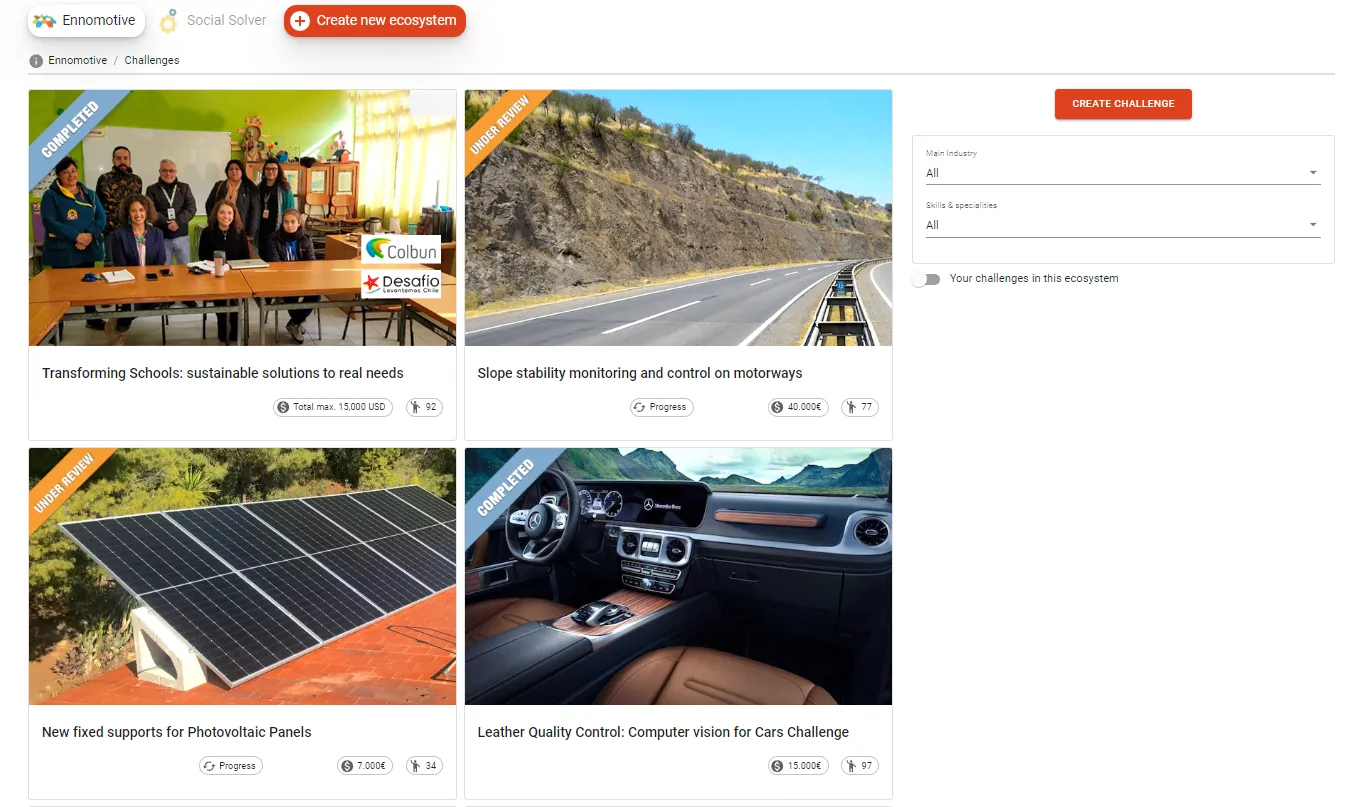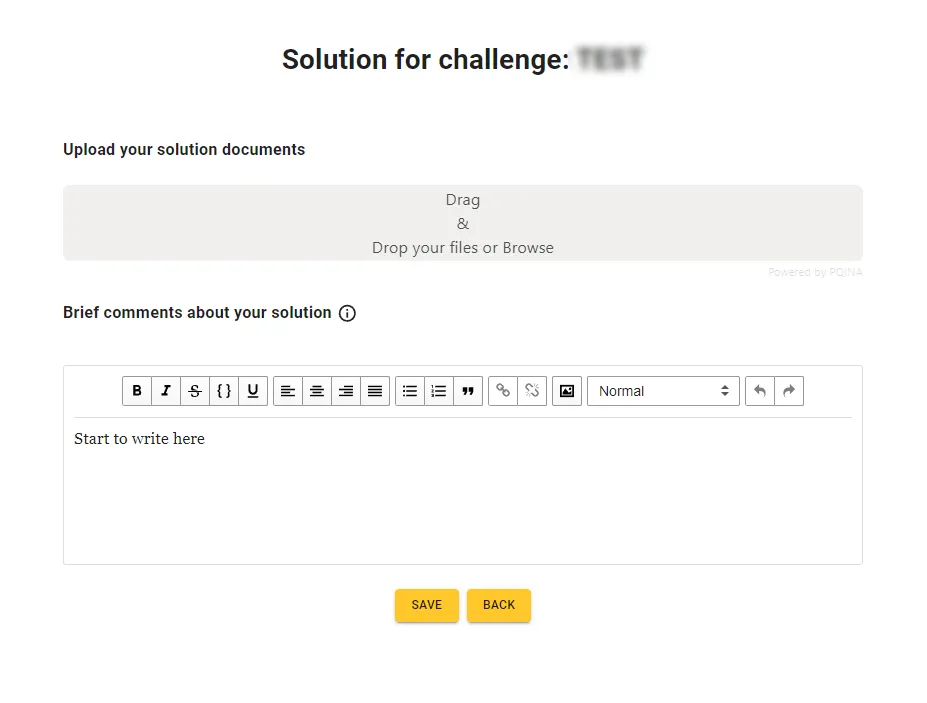Background
Ayuda en Acción (AeA) has worked since 1981 to improve the quality of life for vulnerable communities, advocate for the rights of the most disadvantaged, migrants, and promote a more compassionate world. AeA operates in countries including Mexico, Guatemala, Honduras, El Salvador, Nicaragua, Costa Rica, Colombia, and Ecuador.
The causes of migration are diverse; while many migrants seek to improve their socio-economic conditions, their movement is not always voluntary.
Ayuda en Acción has been active in Colombia since 2006, and since 2019 has concentrated efforts in Los Patios, Norte de Santander, supporting migrants in transit (commonly known as 'caminantes') due to the Venezuelan crisis.
Since 2019, AeA has supported over 144,000 people in this location, including nearly 36,000 children and adolescents who journey long distances on foot.
The challenge
Migrants in transit face significant challenges in accessing safe water during their journeys, often relying on unsafe sources that expose them to health risks. The absence of suitable containers, the weight of water, and the considerable distances covered under adverse conditions exacerbate this issue, making access to safe drinking water one of their primary obstacles. Temperatures in the area range from 27°C to 35°C, intensifying the difficulty of travel over challenging terrain and underscoring the need for safe, cool water to relieve both physical and emotional strain.
Ayuda en Acción provides humanitarian aid through its Migrant Assistance Point (Punto de Atención a Caminantes, or PAC in Spanish), supporting over 8,000 individuals between January and June 2024. Services include hydration, food, hygiene kits, and access to sanitation facilities, with special attention to children, pregnant women, and nursing mothers. On average, PAC serves 80 to 100 migrants daily, while also raising awareness on issues such as human trafficking and gender-based violence, and equipping migrants with tools for self-protection.
The majority of those receiving assistance at PAC are Venezuelan: 54% male, 21% female, and 25% minors under 18, typically in family units of 3 to 6 individuals.
The hydration point at PAC is equipped with:
- Storage: Two 2,000-liter tanks.
- Pump System: A 1HP automatic pump ensuring constant pressure in water treatment.
- Treatment System: A 16 l/min filtration and UV system that removes solids, sediments, herbicides, pesticides, chlorinated compounds, and disinfects viruses, bacteria, fungi, algae, and protozoa.
- Cooling System: A cooler with a 100-liter capacity.
Operational costs include:
- Water Supply: Monthly, four 4,000-liter tanker deliveries at $52 per tanker.
- System Maintenance: Every five months, at $160 to $240 for tank cleaning, disinfection, and repairs.
- Cold Water Bottles: 600 ml bottles at approximately $0.40 each, with over 10,000 bottles distributed.
Previously, reusable 10-liter plastic containers were distributed, though they proved cumbersome to carry over long distances and offered limited utility relative to cost, leading to their discontinuation. Despite these efforts, migrants often lack adequate means to transport water, forcing them to ration their supplies and increasing the risk of dehydration and health complications during their journey.
What we are looking for
Solutions to enable safe access to clean water in the described context, overcoming existing resource limitations.
The solutions may take the form of:
- Tangible Products: such as containers, portable water storage, filters, or purification tablets, or
- Innovative Processes and Organizational Models: including new business models, applications, or organizational methods.
If a new water container is designed, it should be reusable, easy to carry, sustainable, and aesthetically appealing. Ideally, the container would serve multiple functions, adding value beyond water storage.
The sustainability and scalability of these initiatives require frugal innovations—solutions that are simple, intuitive, durable, portable, lightweight, adaptable, environmentally friendly, economical, and, where possible, locally sourced. These qualities ensure immediate practicality and long-term viability.
Evaluation criteria:
- Technical feasibility and human-context adaptation
- Easy acquisition, implementation, use, and maintenance (sustainable with local resources)
- Minimal possible cost
- Lower environmental impact
- Easy to distribute
This is a single round challenge with the following deliverables:
A PDF document that includes:
- Technical description of the proposed system and its operating model
- Specifications of equipment and installations (drawings, materials, etc.)
- Project implementation plan
- Required investments (cost estimation)
- Additionally, you may include attached documents in a zip file to support your solution.
Timeline
1 round – 7 weeks for delivery (December 17, 2024) + 5 weeks for evaluation
-------------------- Particular Terms and Conditions ----------------------------
Confidentiality – N/A
Intellectual property –
You understand, acknowledge, and agree that Ayuda en Acción, the creator of the challenge, have access to your solution. You also understand, acknowledge, and agree that other solvers may create or have created content that may be similar or identical to your solution in terms of concept, theme, idea, format, or other aspects. In the event that your solution is identical or similar to another solver’s, Ayuda en Acción reserves the right, at its discretion, to assign a higher score to one of the solutions according to the terms of the challenge, or to randomly select a solution from all those that meet the terms of the challenge.
By participating in a challenge, and if your solution is selected as the WINNER, you agree that:
If you propose a patented solution, you will retain the intellectual property rights, and Ayuda en Acción and, where applicable, the Challenger will only have the rights to use this specific project (from its publication as a challenge until its pilot phase and scaling).
If, as a result of this challenge, a new solution or technological application with intellectual property rights is created, the winner will exclusively transfer their rights to Ayuda en Acción and, where applicable, to the Challenger, for the purpose of using said solution or technological application in social purpose projects, whether their own or external. This transfer will be unlimited in terms of time and territory, but at all times, AeA will recognize the moral rights of the author, giving them credit for their solution and visibility.
For more information on how our challenges work, visit: How does a challange work?
Awards
Support of €2,500 will be granted to the winning solution or solutions. In the case of implementation on the ground, it is recommended that this reward be allocated to cover travel expenses to the area and participation in the prototype, or alternatively, for making donations, according to the winner’s preference.
Both the finalist solutions and the winning solution will gain visibility and recognition through the digital platforms of ennomotive and Ayuda en Acción.
Additionally, the committee will assist in seeking additional funding to finance this process, with the goal of bringing the proposal from theory to practice.



